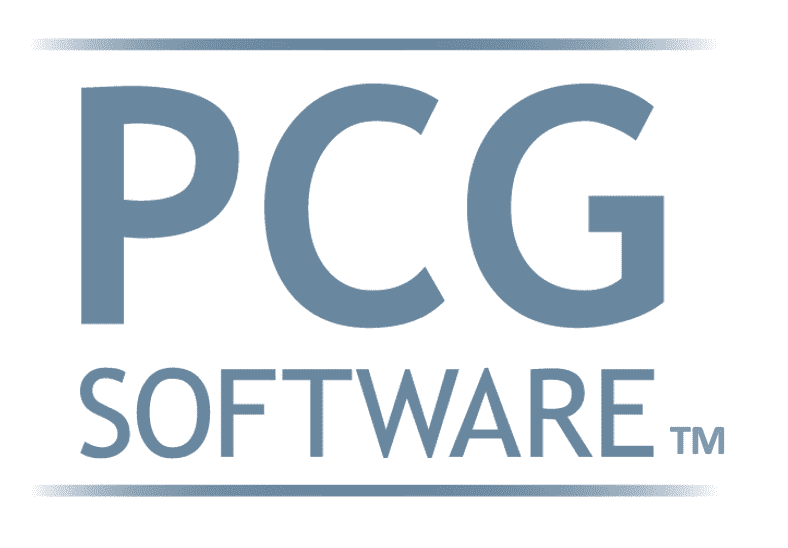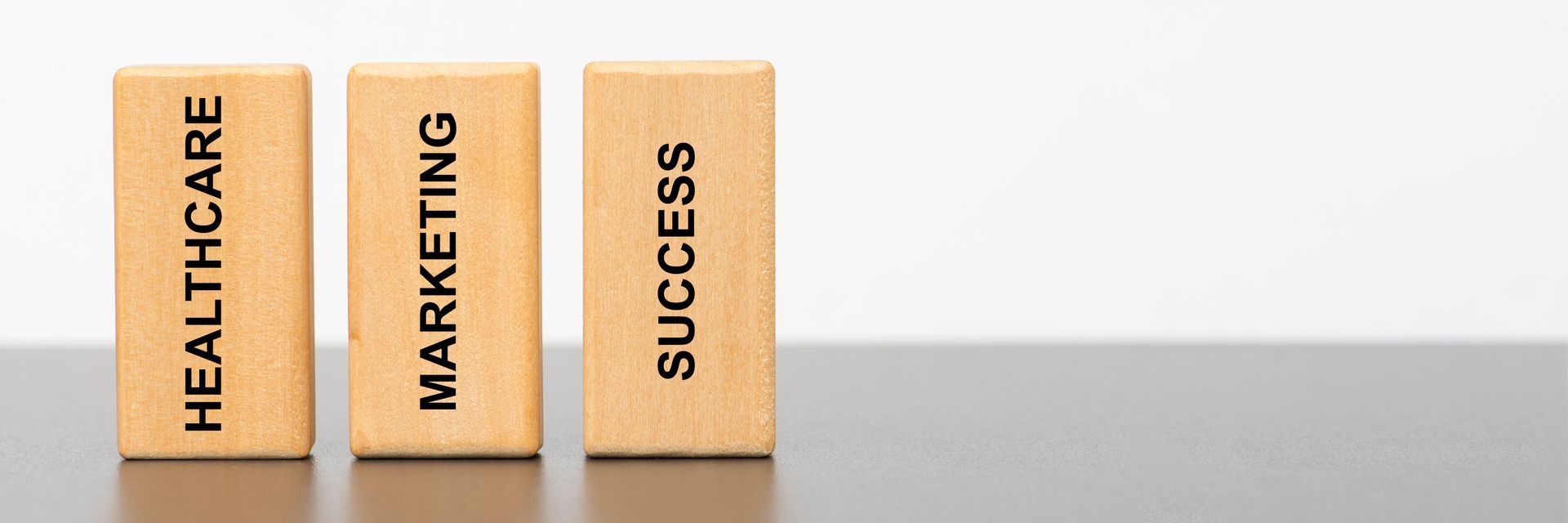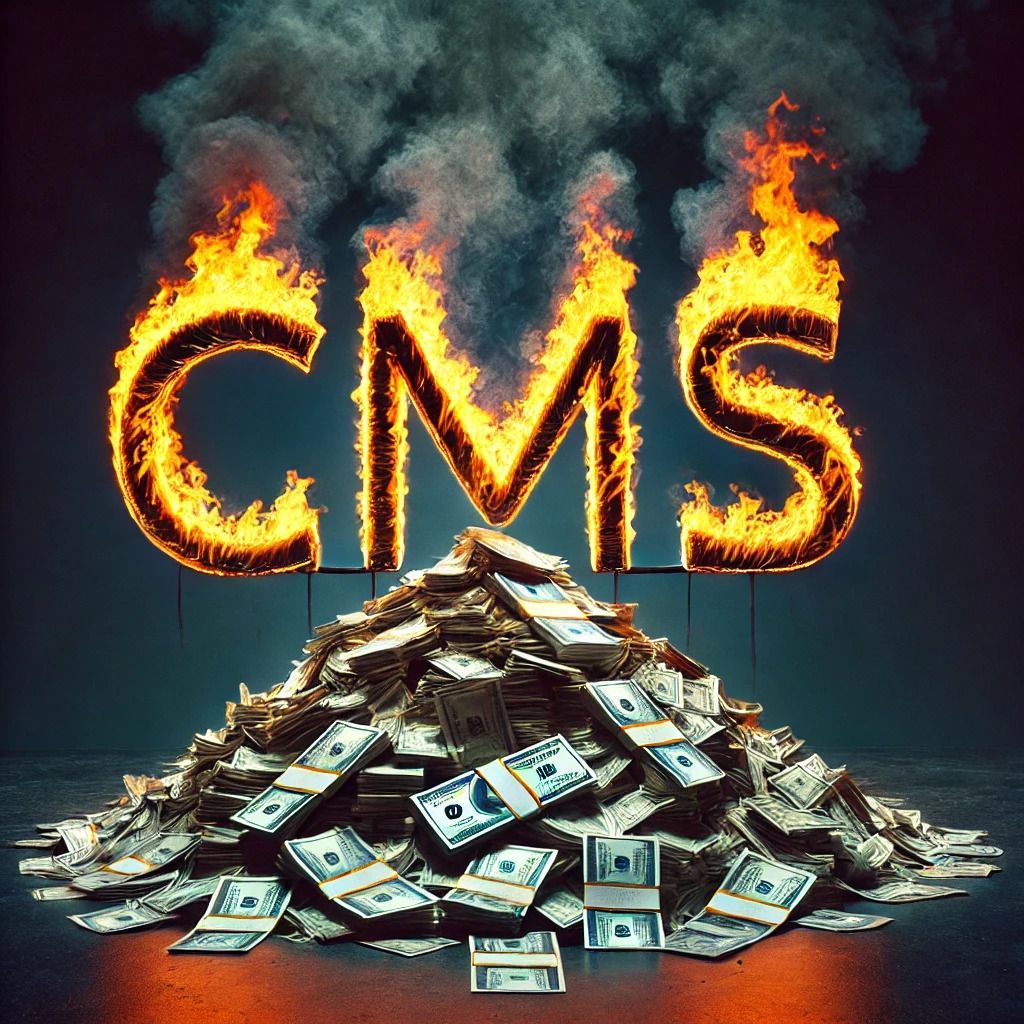Home Healthcare Fraud
Careful Oversight of Home Healthcare Services Protects and Prevents Fraud
Ms. Andria Jacobs is the Chief Operating Officer (COO), RN, MS, CEN, CPHQ, for PCG Software and has more than 30 years of experience in the healthcare industry, encompassing both administrative and clinical arenas. Prior to joining PCG, Ms Jacobs was the administrative director, of medical management for VertiHealth Administrators. Previously, she was an independent consultant in ambulatory care and practice management, where her clients have included hospitals, physician groups, and the University of California, Los Angeles.
Home Healthcare Remains a Huge Concern for Patients, Payers, and Taxpayers
Every month we learn about a new Home Health Care Fraud scheme that is being prosecuted by the DO involving bribes, and kickbacks, and we the taxpayers foot the bill. From $6.7 Million in Medicaid-related marketing fraud to the $100 Million in Fraud revolving around non-delivered services billed to Medicaid. Dallas, TX, in 2017 alone, there was a record $400 Million in Home Healthcare fraud suspected and being prosecuted for.
Our homes should be sanctuaries – places of refuge and safety --but sadly, fraud is alive and thriving in home healthcare, endangering one of our most fragile and vulnerable patient populations – the homebound and often bed-bound. Defenseless people who may be totally alone, without family or friends.
Nurses Registry Fraud Case Review
Consider the case of the Nurses Registry and Home Health Corporation, based in Lexington, Kentucky. The owner and executive director, Vickie House, owes $16 million to the US government for perpetrating widespread home healthcare fraud throughout her agency.
Nurses Registry engaged in systematic false billing, violating the federal False Claims Act. Staff falsified medical records to make it appear as if patients had a medical need for skilled nursing or therapy services or appear as if the patients were homebound. Employees also forged physician signatures to “certify” that the patient required home care services and re-certified patients for more and more home healthcare services, billing services long after patients stopped meeting eligibility requirements.
The agency also provided tickets to popular events like the Kentucky Derby and Taylor Swift concerts and delivered bottles of liquor and other “enticements” to referral sources to ensure patient referrals. This activity violated the federal Anti-Kickback Statute and the Stark Law prohibiting home healthcare agencies from billing for services referred to them by physicians with whom they have a financial relationship. Between 2005 and 2009, Medicare paid the Nurses Registry more than $100 million, with a net income to the agency of $20.5 million.
Nurses Registry owners demonstrated both full intents to commit fraud and careless disregard for the truth, wasting Medicare funds, providing unnecessary medical care to some patients, and perhaps denying it to others.
Medicare discovered the nefarious activity at the Nurses Registry by combing variance reports for invoicing outside of the expected dollar and procedure normal volumes and drilling down for claims-specific data on the individual provider.
Plus, two former employees – the Vice President of Operations, and a Case Manager and Office Administrator – blew the whistle on the Nurses Registry. One of my previous articles on
Whistleblowing describes how blowing the whistle on fraud can be very lucrative. Under federal law, the whistleblowers in the Nurses Registry case are due 15% to 20% of the settlement proceeds or between $2.4 million and $3.2 million.
Who Runs Point on Lessening the Frequency of Home Healthcare Fraud?
Health plans are duty-bound to provide oversight on those providing home health services. Based on my previous experience as a case manager, to maintain proper oversight and avoid healthcare fraud, I suggest:
- Reviewing the case mix of the highest-paid home healthcare providers compared to their peers and asking do their billings match their number of cases. Do any unusual patterns raise red flags?
- Checking if some agencies provide a greater quantity of services for the same diagnosis without any measurable difference in outcomes;
- Ensuring a case manager or utilization management staff member reaches out regularly to members in home healthcare to verify services being delivered and outcomes and to determine if patients are progressing and reaching their goals;
- Listening closely to staff chatting about gifts being delivered from agencies, especially around the holidays, and making sure they are appropriate and don’t exceed dictated limits, influence decisions to provide services or inflate program costs;
- Confirming that the provider’s office staff are receiving all reports due from home healthcare agencies;
- Monitoring customer service complaints about the services provided by particular home healthcare agencies and following up.
How many of these steps do you take regularly to maintain best practices in-home healthcare services and avoid fraud?
How can AI Help in lessening Home Healthcare Fraud?
If you are a Health Plan, IPA, MSO, or TPA, you detect these fraudulent charges and identify them as soon as the claim as been submitted with our Virtual Examiner claims auditing and fraud detection tool. If you believe you have fraudulent claims, please contact us today for a FREE 3-year claims analysis.
Our History and Credibility in Reporting this Information:
For over 30 years, PCG Software Inc. has been a leader in AI-powered medical coding solutions, helping Health Plans, MSOs, IPAs, TPAs, and Health Systems save millions annually by reducing costs, fraud, waste, abuse, and improving claims and compliance department efficiencies. Our innovative software solutions include Virtual Examiner® for Payers, VEWS™ for Payers and Billing Software integrations, and iVECoder® for clinics.
Support Request
New Customer Quick Links
All Rights Reserved | PCG Software, Inc.
Website Created & Managed by Talents Into Profits


